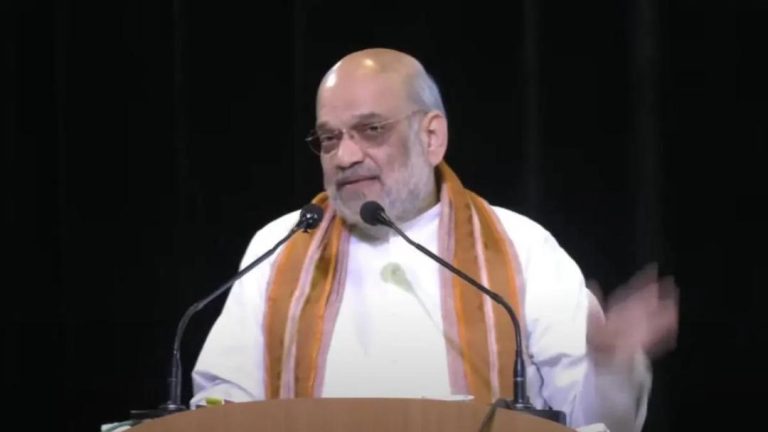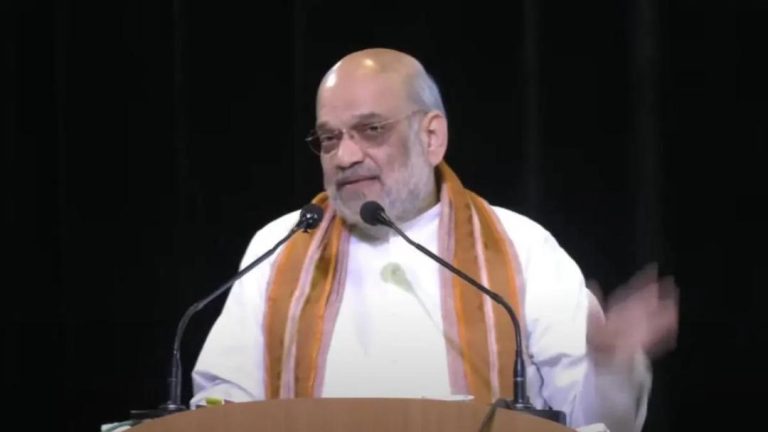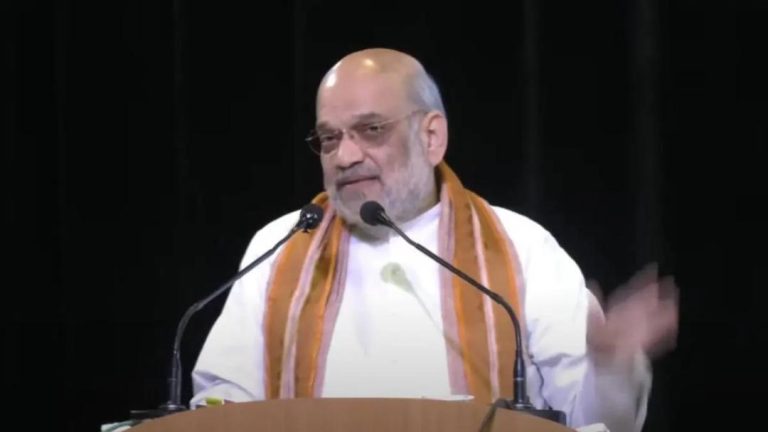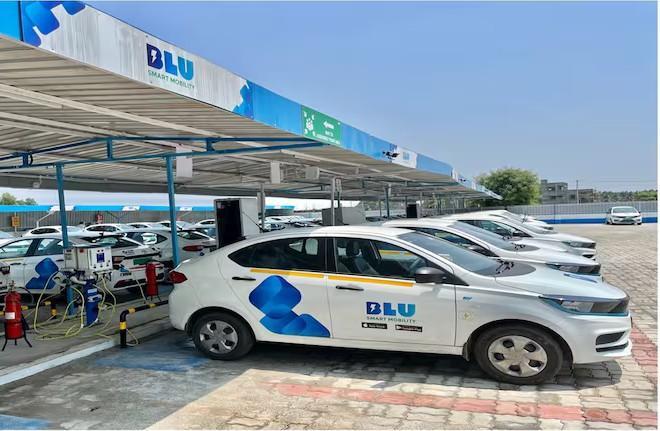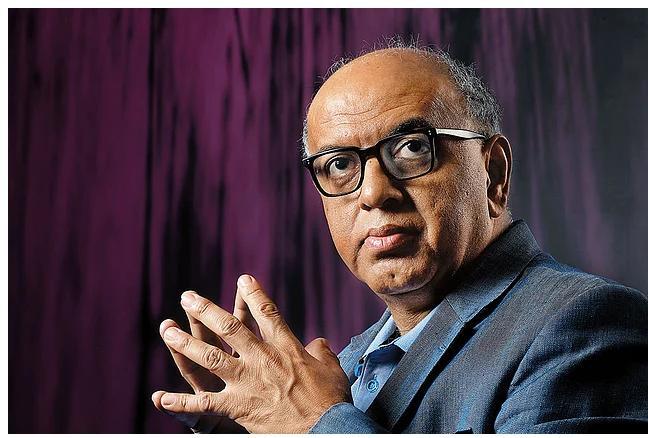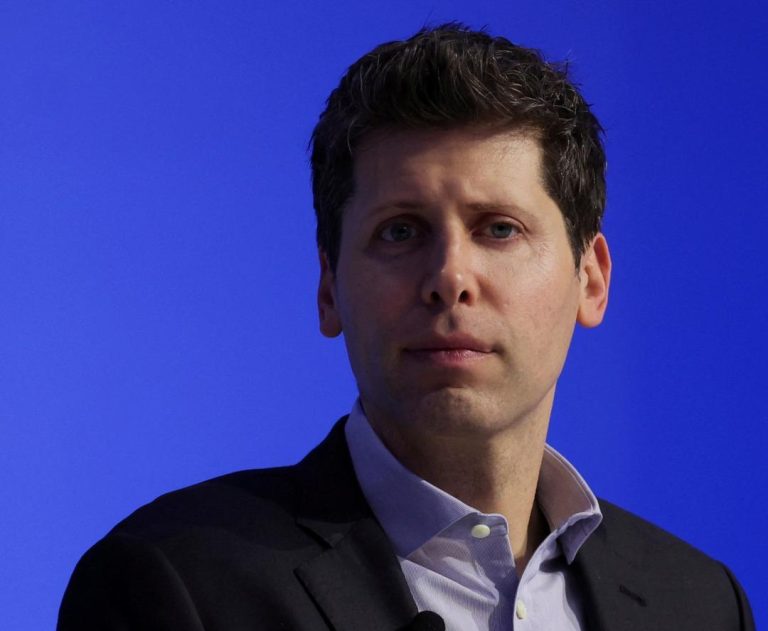
IT Employees Burn Murthy, L&T Chief’s Effigies for Proposing Longer Workweeks
The city of Bengaluru has witnessed a protest by IT employees, who have been demanding better working conditions and an end to exploitative practices in the industry. The protest, led by the Karnataka IT Union (KITU), took a dramatic turn when the employees burnt effigies of Infosys Founder Narayana Murthy and L&T Chairman SN Subrahmanyan. The move was in response to their recent statements proposing longer workweeks for employees.
Narayana Murthy, who co-founded Infosys in 1981, sparked controversy when he suggested that IT employees should be prepared to work 70-hour workweeks to stay competitive in the industry. Subrahmanyan, the Chairman of Larsen & Toubro (L&T), went a step further by stating that employees should be willing to work 90 hours a week. These statements have been met with widespread criticism from the IT employees, who feel that they are already overworked and underpaid.
The protest, which was held in front of the L&T office in Bengaluru, saw hundreds of IT employees gather to express their dissent against the proposed longer workweeks. The employees, who were armed with placards and banners, chanted slogans and demanded better working conditions. Despite the attempts by the Bengaluru Police to stop them, the employees went ahead and burnt effigies of Murthy and Subrahmanyan.
The protest was a significant one, as it highlighted the growing frustration among IT employees in Bengaluru. The city is home to many IT companies, including Infosys, Wipro, and Accenture, which employ thousands of people. However, the industry has been facing challenges in recent years, including the impact of COVID-19 and the rise of automation.
The proposed longer workweeks have been met with widespread criticism from the employees, who feel that they are already overworked and underpaid. Many IT employees work long hours, often for extended periods, without any significant increases in their salaries. The industry has been accused of exploiting its employees, who are often forced to work long hours without adequate compensation.
The protest by KITU is not the first instance of IT employees expressing their dissent against the industry’s working conditions. In recent years, there have been several instances of IT employees protesting against the industry’s exploitative practices. The industry has been accused of prioritizing profits over employee welfare, which has led to widespread dissatisfaction among employees.
The incident has sparked a heated debate in the industry, with many experts weighing in on the issue. While some have argued that the proposed longer workweeks are necessary to stay competitive, others have argued that they are unfair and unrealistic.
Dr. Kiran Nagaraj, a leading expert on IT and technology, argued that the industry needs to rethink its approach to employee welfare. “The industry needs to recognize that employees are not just machines that can be worked endlessly without any consequences. We need to prioritize employee welfare and ensure that they are given a fair deal,” he said.
The incident has also sparked a wider debate about the role of technology in the modern workplace. With the rise of automation and artificial intelligence, there are concerns that the industry is becoming increasingly dependent on machines, which could lead to job losses and unemployment.
The protest by KITU is a significant moment for the IT industry in Bengaluru, which has been facing challenges in recent years. The incident highlights the growing frustration among IT employees, who are demanding better working conditions and an end to exploitative practices. The industry needs to take note of the protest and prioritize employee welfare if it wants to remain competitive in the long term.
